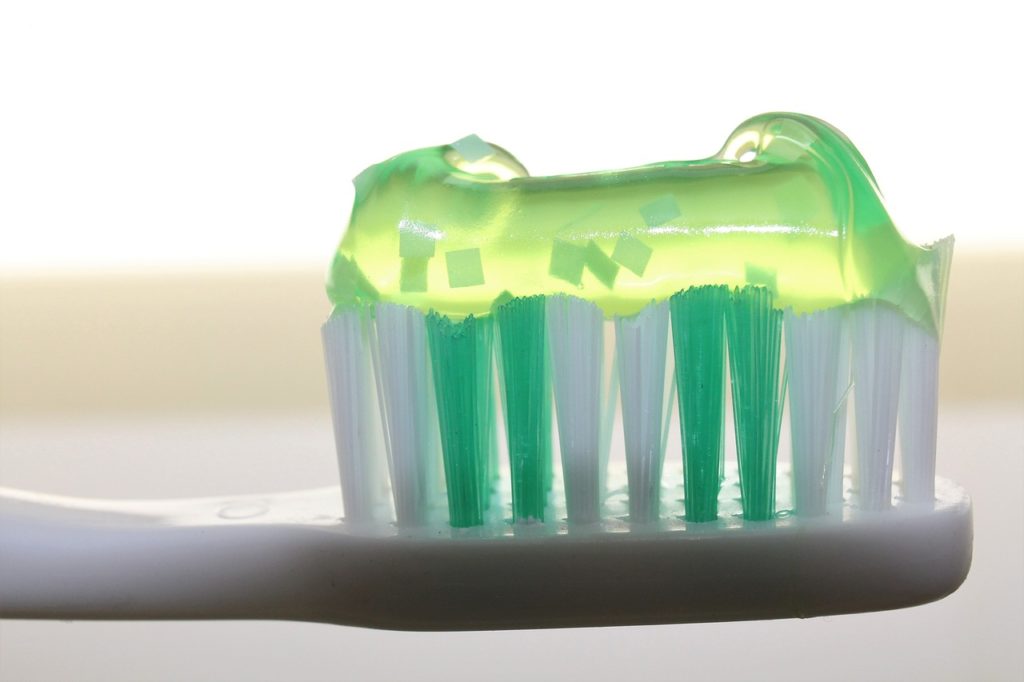Going Green with Your Dental Practice

Every day is a great day for dental offices to “go green.” Running a green office presents some challenges for dental practices because many items must be disposable for reasons of sanitation and patient safety. However, there is a growing trend of “ecodentistry” that is on the rise, and this means more ecofriendly products are coming to the market.
Making a Greener Dental Office
The modern dental offices can be made greener by maximizing light and ventilation and participating in energy savings programs offered by local energy suppliers. Offices can install low-flush toilets and aerators on faucets to slow water flow, thus using less of it.
Many other changes can also be implemented. These taking steps to conserve electricity with automated and low energy lights and recycling packaging materials, magazines and other items. Offices should strive to go as paperless as possible, but when paper must be used, double-sided and draft quality printing is often sufficient. Dentists can also pair with other businesses to participate in and promote more sustainable practices.
Alternatives to Waste
Using digital files, X-rays and impressions can reduce waste and the use of harmful chemicals. Digital X-rays also require far less radiation. Installing an amalgam separator will prevent mercury from mixing with the water supply, and water vacuum systems can be replaced with dry vacuum systems to conserve water. Using steam sterilization instead of chemical-based sterilization keeps chemicals away from employees and out of the environment. There may be a number of alternatives to plastic available, such as stainless steel surgical/endodontic suction tips, stainless steel prophy heads and glass irrigation syringes. Mouthwash, toothpaste and other products in all-natural varieties can be provided, and bags of supplies for patients can be placed in plastic bags that are degradable.
Recycling
Many of the products used by both dentists and their patients can be recycled, and there are programs that recycle products used in oral care (toothbrushes, dental floss cases, etc.). Many disposable items, such as cups for rinsing, can be replaced with recycled, biodegradable items or even with washable items like ceramic or glass cups. Vacuum pump filter screens can also be recycled, and a licensed recycling contractor may be able to remove any amalgam wastes.
Caring for patients includes caring about the world they live in, and a dental office that can reduce its carbon footprint with a greener approach to the profession can be part of that. Some of the changes take time or money to implement, but many others can be put in place today to work with staff and patients toward a more sustainable future.